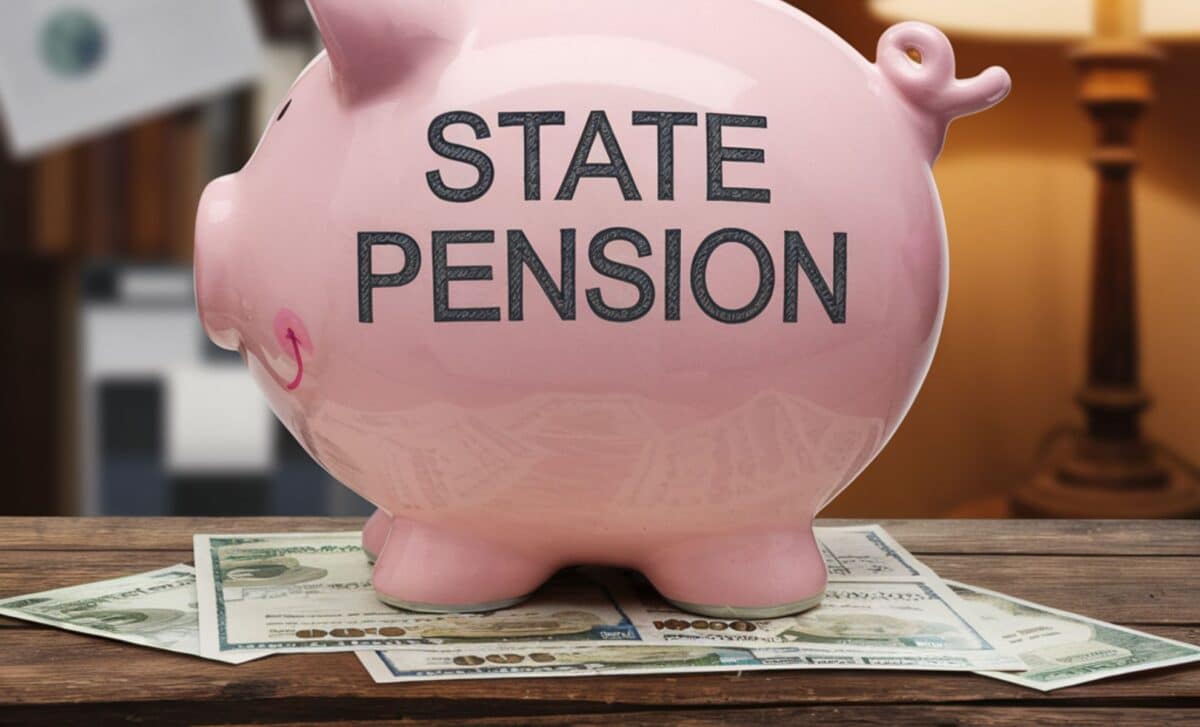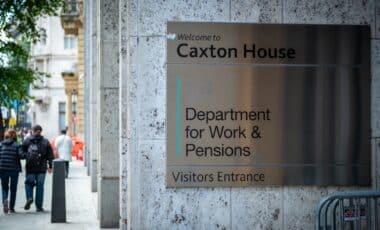Millions of people across the UK are set to receive increased State Pension and benefit payments from April 7, following the latest annual uprating by the Department for Work and Pensions (DWP).
While the adjustments will see pensioners receive a 4.1% boost, those on working-age and disability benefits will see a 1.7% increase, according to the DWP. However, most claimants may not see the changes reflected immediately due to the arrears payment system.
The new payment rates affect a wide range of benefits, including Universal Credit, Carer’s Allowance, Personal Independence Payment (PIP), and the State Pension. The increases aim to help recipients cope with rising living costs, though some argue they may not be sufficient.
The changes will also impact the earnings threshold for Carer’s Allowance and the rate of deductions on Universal Credit, easing financial pressures on certain groups.
State Pension and Pension Credit Increases
From April 7, 2025, the full New State Pension will rise to £230.25 per week, up from £221.20, while the basic State Pension will increase to £176.45, according to the DWP. The uplift follows the government’s commitment to the ‘triple lock’ policy, which ensures the State Pension rises each year by the highest of inflation, average earnings growth, or 2.5%.
For pensioners on low incomes, Pension Credit will also rise, with the standard minimum guarantee increasing to £227.10 per week for single claimants and £346.60 for couples.
The benefit is seen as a gateway to additional financial support, including help with energy bills and council tax reductions. Despite this, over 760,000 eligible pensioners are not claiming it, missing out on crucial assistance.
Additionally, those receiving an Additional State Pension will see payments rise in line with Consumer Price Index (CPI) inflation, set at 1.7% for this uprating period. Individuals will receive letters detailing their new entitlements before the changes take effect.
Changes to Working-Age and Disability Benefits
Claimants of Universal Credit, Jobseeker’s Allowance (JSA), Employment and Support Allowance (ESA), and other working-age benefits will see their payments rise in line with the 1.7% CPI increase.
For example, Universal Credit for a single claimant over 25 will increase from £393.45 to £400.14 per month, while Carer’s Allowance will rise to £83.30 per week.
In a further adjustment, the earnings threshold for Carer’s Allowance will increase from £151 to £196 per week, allowing carers to earn more before losing eligibility.
Universal Credit deductions—reductions applied for overpayments, advances, or debts—will also decrease from 25% to 15%, easing financial burdens on low-income households.
Other benefits, including PIP, Disability Living Allowance (DLA), and Attendance Allowance, will see similar increases. The enhanced daily living component of PIP will rise to £110.40 per week, while the mobility component will go up to £77.05.









